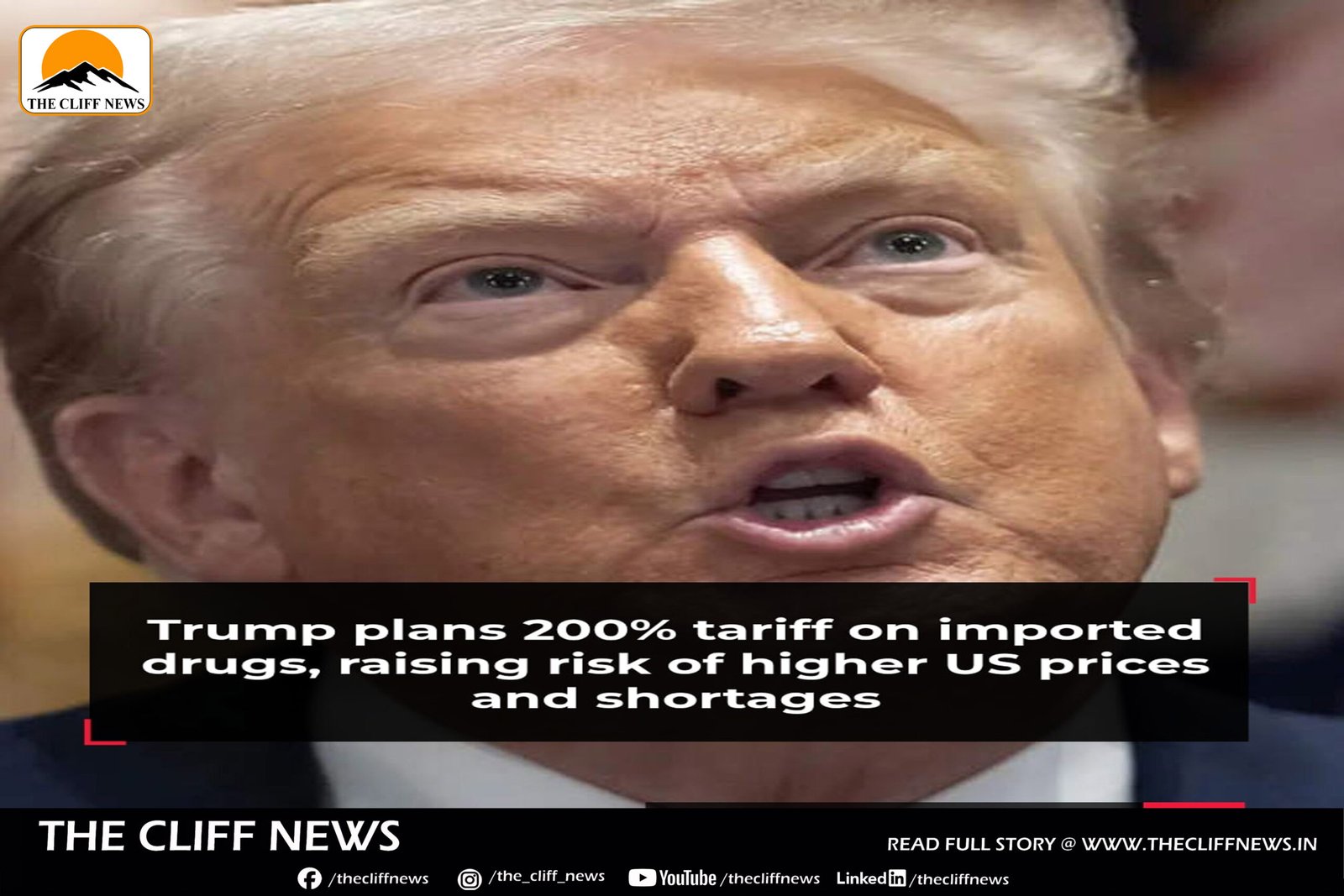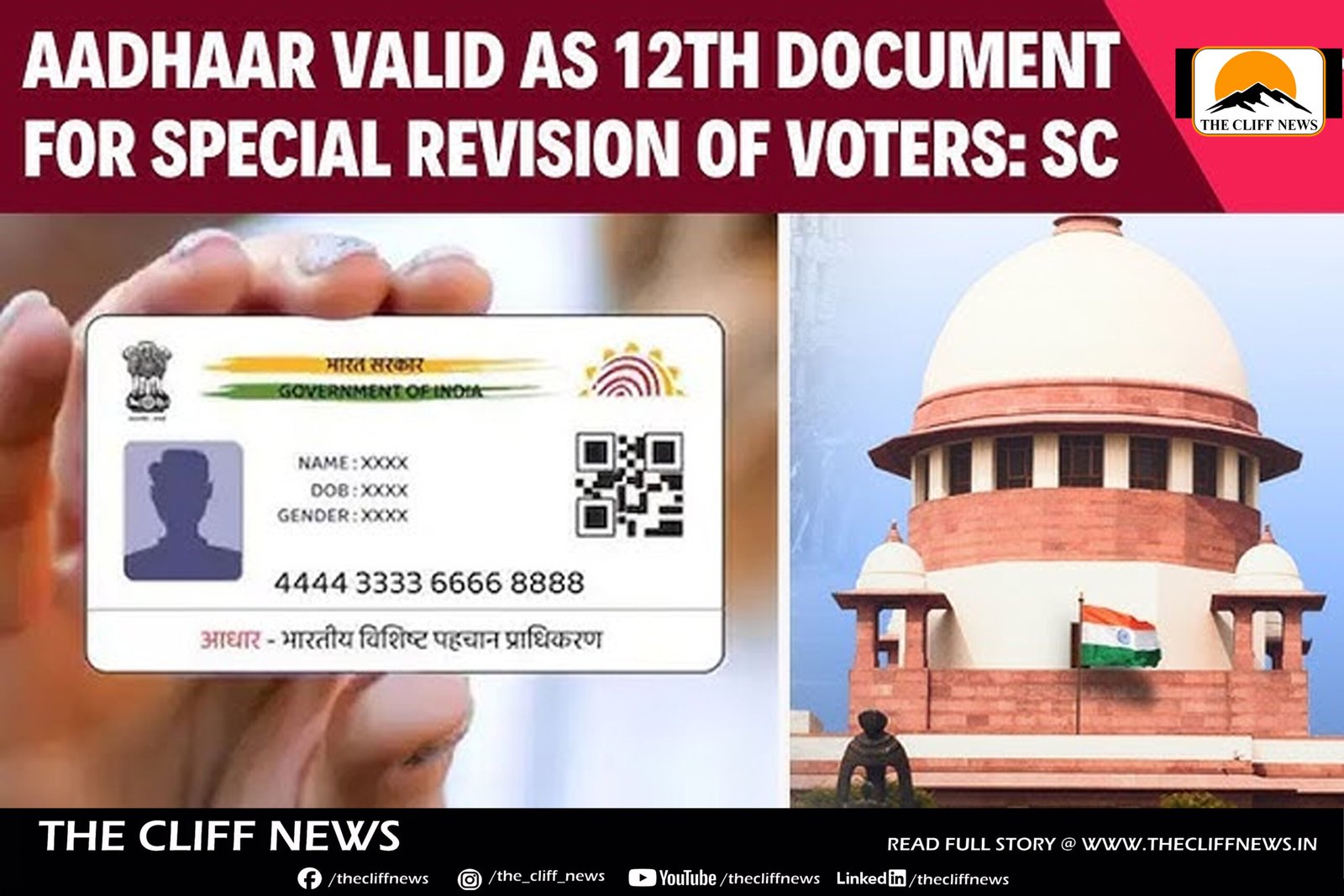Washington, Sept 2 (AP): The Trump administration is considering tariffs of up to 200% on imported medicines, a move that would mark a sharp departure from decades of duty-free entry for most drugs into the US.
Officials are invoking national security powers under Section 232 of the 1962 Trade Expansion Act, arguing that America must rebuild domestic capacity after the supply shortages and stockpiling seen during the COVID-19 pandemic.
Shortages and consumer pain
Analysts warn the policy could disrupt supply chains and raise prices. “A tariff would hurt consumers most of all,” ING’s Diederik Stadig wrote, predicting even a 25% levy could lift US drug prices by 10–14% once stockpiles run down. Low-income households and older patients would be hit hardest.
Timing and industry response
The White House has signalled implementation may be delayed 12–18 months to let companies adjust. Many drugmakers have already built inventories, which could blunt the near-term impact. But costs are expected to rise by 2027–28 as inventories thin and tariffs bite.
Generics — which account for 92% of US prescriptions — are especially vulnerable. Operating on thin margins, some manufacturers may exit the US market rather than absorb the costs.
Why supply chains are hard to shift
The US ran a $150 billion trade deficit in pharmaceuticals last year. Most production has moved to China, India, Ireland, and Switzerland. Nearly all antibiotics, antivirals, and common generics rely on at least one active ingredient made abroad. Building end-to-end US supply chains would take years and heavy investment.
Corporate pledges
Drug majors are announcing large US investments — Roche plans to spend $50 billion, Johnson & Johnson $55 billion over four years. But experts caution that such pledges do not quickly replace foreign-made ingredients.
India’s carve-out
India, a leading supplier of generics, has reportedly been excluded from immediate tariff enforcement, recognising America’s dependence on Indian medicines. Industry leaders note India provides about 6% of US imports and is critical to affordable care.
Uncertain path ahead
Analysts doubt the 200% figure will be applied across the board. Exemptions are likely, especially for generics. Still, uncertainty is already reshaping strategies, with some firms considering scaling back their US drug portfolios.
“Shock and awe is how this industry is going from zero tariffs to the potential of 200%,” PwC’s Maytee Pereira said, warning that only a fully domestic supply chain could shield drugmakers from the proposed levies.



